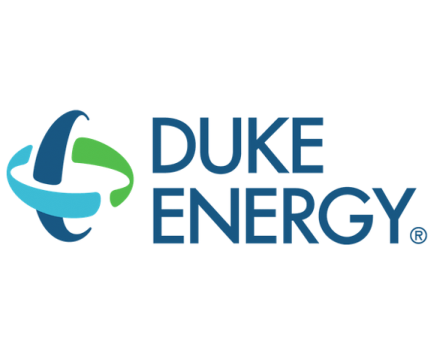
(UNDATED) – During the COVID-19 pandemic, we have seen a steady surge in the fraudulent actions of scammers attempting to deceive customers. These scammers pose an increasing threat to your business. Take a moment to learn more about how to recognize a utility scam so you can help protect your business.
Spotting a typical phone scam
A common ploy used by scammers is to impersonate utility company staff over the phone, claiming to be collecting on late bills or threatening to disconnect your service. They often demand money in the form of a prepaid debit card to avoid immediate service interruption.
Refund check scams on the rise
With disconnections for nonpayment currently suspended due to the pandemic, scam artists have adjusted their tactics. The latest trend promises the mailing of refund checks for overpayment on your account if you can confirm personal data, like a Tax ID, Employer Identification Number (EIN), birth date or Social Security number. Do not give any of this information to a caller. In many cases, the call may be a prerecorded “robocall” that falsifies their caller ID information, making it appear as though the call is coming from Duke Energy.
Ways to help protect your business against scams
Scammers have many methods for reaching customers. They may show up at your business location, send fraudulent emails or contact you by phone. Here are some tips to help you protect your business against utility-based scams:
- Though Duke Energy will frequently contact our customers by phone, email and text, we will never ask for personal information or credit card information over the phone or demand immediate payment using prepaid debit, credit or gift cards.
- If you are unsure whether a call is valid, hang up and contact our Business and Industry team.
- If someone claiming to represent Duke Energy approaches your business requesting personal or private information, always ask for identification.
- Duke Energy will not specify how customers should make a bill payment, and we will always offer a variety of ways to pay your bill, including accepting payments online, by phone, by mail, or in person. If the caller demands an immediate compensation by prepaid debit or credit card, DO NOT submit payment.
- Learn more about recent scams and how to recognize the warning signs on our scam webpage.
Scammers can be very convincing and aggressive, so it is important to remain vigilant and stay informed. Visit the Federal Trade Commission website to learn more about recent scams and how to recognize the warning signs.



